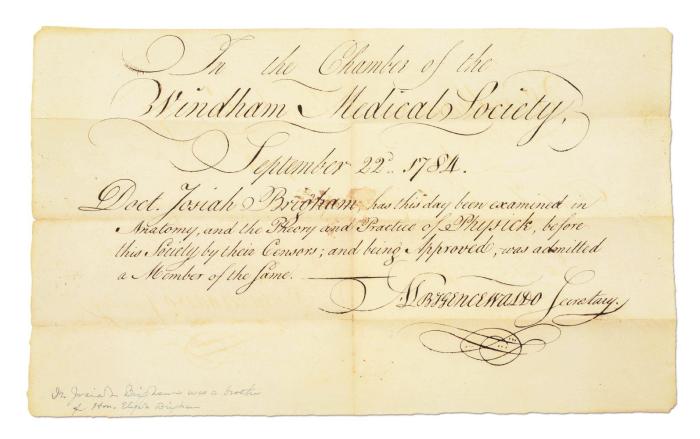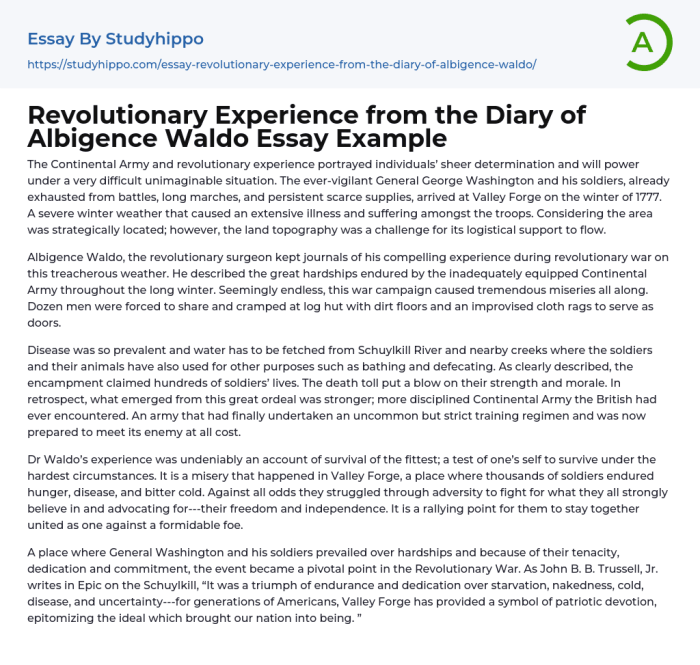Albigence waldo feels the soldiers. – Albigence Waldo feels the soldiers, a narrative that delves into the depths of religious conflict and its far-reaching consequences. This engaging tale transports readers to a time of upheaval, where beliefs and loyalties are tested against the backdrop of a brutal crusade.
The story unfolds around the figure of Waldo, a charismatic religious leader whose teachings ignite a movement that challenges the established order. As tensions escalate, the Albigensian Crusade erupts, pitting Waldo’s followers against the forces of the Catholic Church. Through the eyes of Waldo, readers witness the horrors of war and the indomitable spirit of those who dare to stand against oppression.
Overview of Albigensian Beliefs and Practices

Albigensianism emerged as a religious movement in the 12th century, primarily in southern France and northern Italy. The movement’s origins can be traced to the teachings of Peter of Bruys, Henry of Lausanne, and Waldo, who rejected the authority of the Catholic Church and its practices.
Albigensians believed in a dualistic cosmology, positing the existence of a good God and an evil God. They rejected the Catholic Church’s sacraments, including baptism and the Eucharist, and emphasized the importance of a simple and austere life.
Religious and Social Practices
- Held secret meetings known as “conventicles” to practice their beliefs.
- Rejected the Catholic Church’s hierarchical structure and emphasized the role of lay preachers.
- Practiced a strict vegetarian diet and forbade the consumption of meat, eggs, and dairy products.
- Advocated for the equality of women and rejected the Catholic Church’s teachings on marriage and sexuality.
The Role of Waldo in Albigensianism

Waldo, the Founder of the Waldensian Movement
Waldo, a wealthy merchant from Lyon, renounced his material possessions and dedicated his life to preaching the Albigensian beliefs. He founded the Waldensian movement, which became a significant branch of Albigensianism.
Relationship between Waldensians and Albigensians
While the Waldensians shared some core beliefs with the Albigensians, they differed in their views on the nature of Christ and the importance of apostolic succession. Waldensians believed that Christ was fully human, while Albigensians considered him a divine being.
Additionally, Waldensians maintained an apostolic succession, while Albigensians rejected the concept of an ordained priesthood.
The Albigensian Crusade: Albigence Waldo Feels The Soldiers.
Historical Account, Albigence waldo feels the soldiers.
The Albigensian Crusade was a military campaign launched by Pope Innocent III in 1209 to suppress the Albigensian heresy. The crusade lasted for over two decades and resulted in the near annihilation of the Albigensian movement.
Motivations and Tactics
The Catholic Church’s motivations for the crusade included a desire to maintain its authority and suppress heresy. The crusade was also influenced by political and economic factors, as the Albigensian movement had gained significant support in southern France.
The crusaders employed brutal tactics, including massacres and the burning of villages. They also established the Inquisition, a tribunal tasked with identifying and punishing heretics.
The Impact of the Albigensian Crusade

Consequences on the Religious and Political Landscape
The Albigensian Crusade had a profound impact on the religious and political landscape of Europe. The suppression of Albigensianism led to the decline of the Cathar movement and the consolidation of Catholic power.
The crusade also resulted in the establishment of the Inquisition, which became a powerful tool for the Catholic Church to suppress dissent and maintain orthodoxy.
Suppression of Albigensianism and Its Legacy
The Albigensian Crusade effectively suppressed the Albigensian movement. Albigensian beliefs were largely eradicated, and the Waldensian movement was forced to operate in secrecy.
However, the legacy of Albigensianism continued to inspire later religious movements, including the Reformation. The Albigensian emphasis on individual conscience and the rejection of ecclesiastical authority resonated with later reformers, such as John Calvin and Martin Luther.
FAQ Resource
Who was Waldo?
Waldo was a wealthy merchant who renounced his material possessions and founded the Waldensian movement, a group that rejected the authority of the Catholic Church.
What were the main beliefs of the Albigensians?
The Albigensians believed in a dualistic cosmology, with God representing good and Satan representing evil. They rejected the sacraments and the authority of the Catholic Church.
What were the causes of the Albigensian Crusade?
The Albigensian Crusade was launched by Pope Innocent III in 1209 to suppress the Albigensian heresy and bring the region under the control of the Catholic Church.